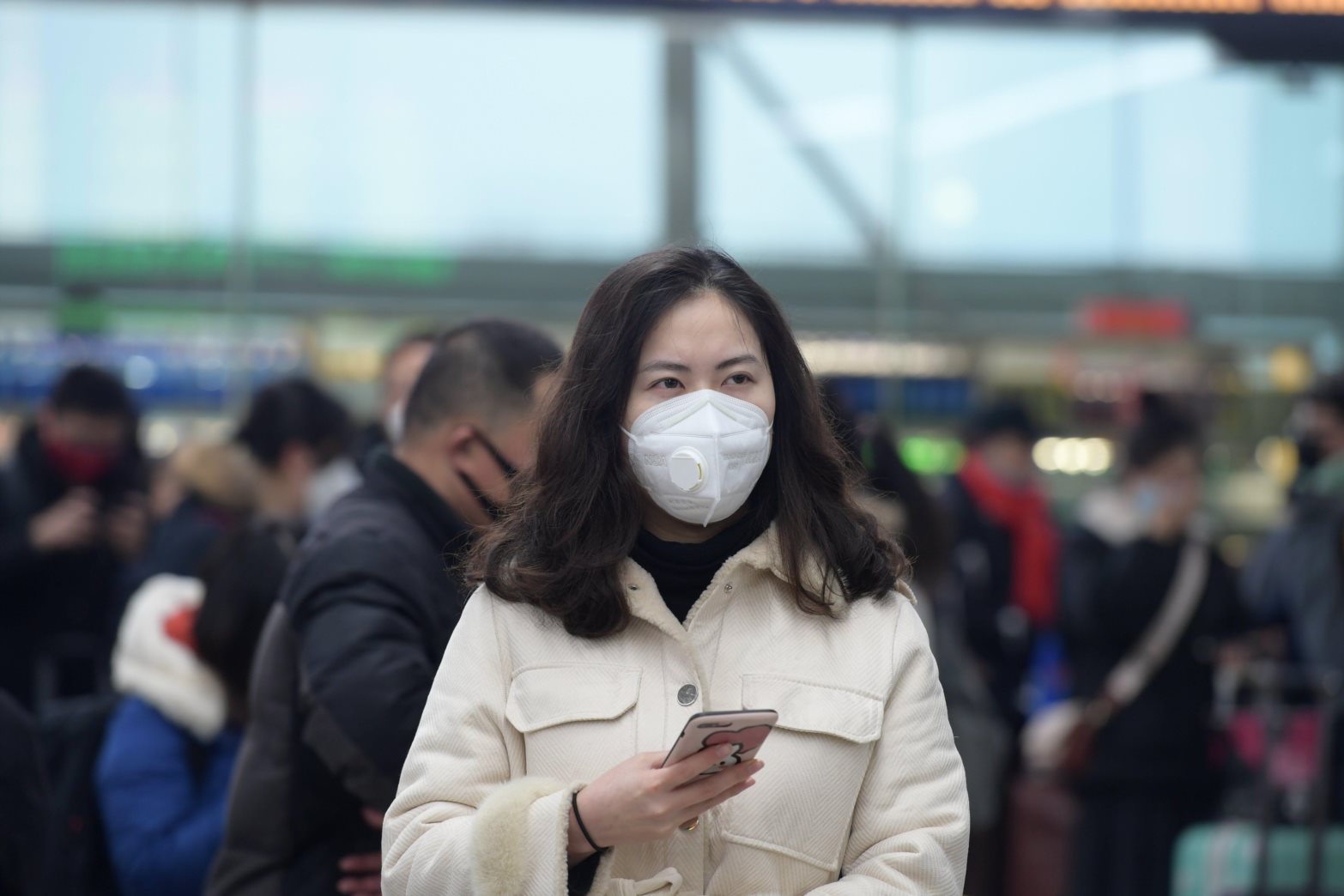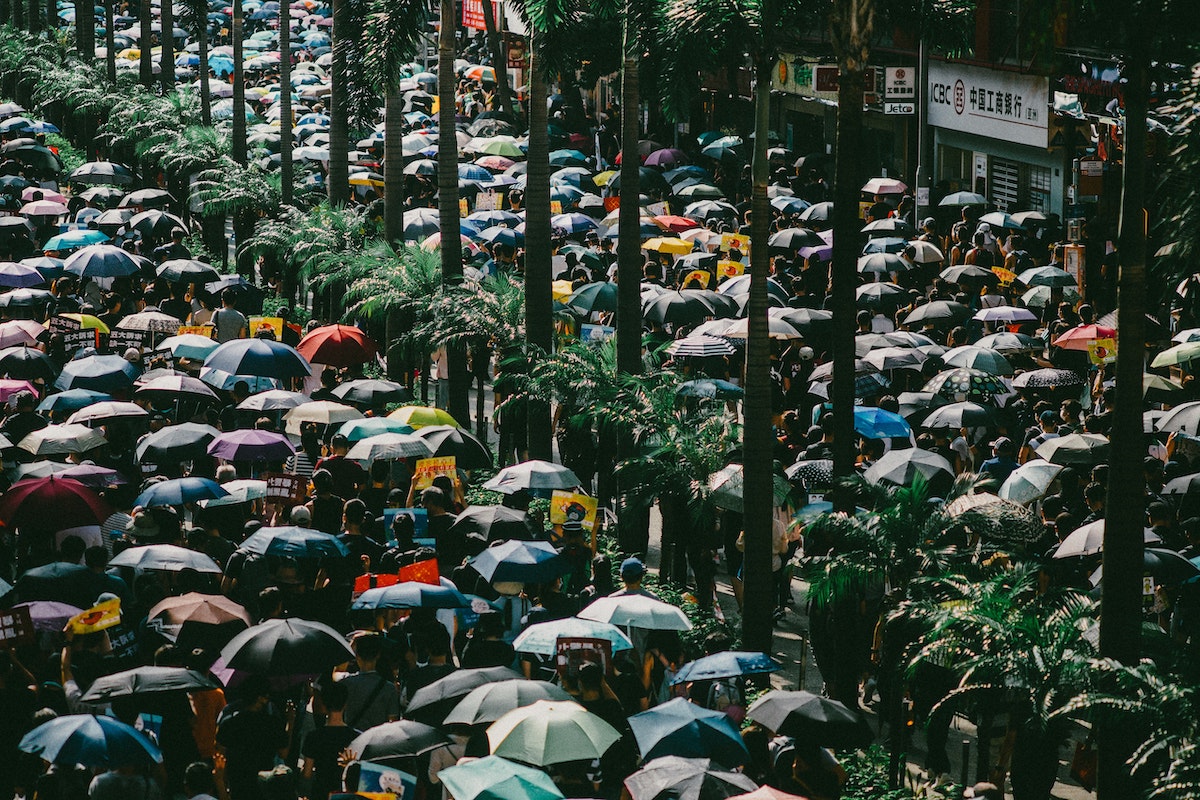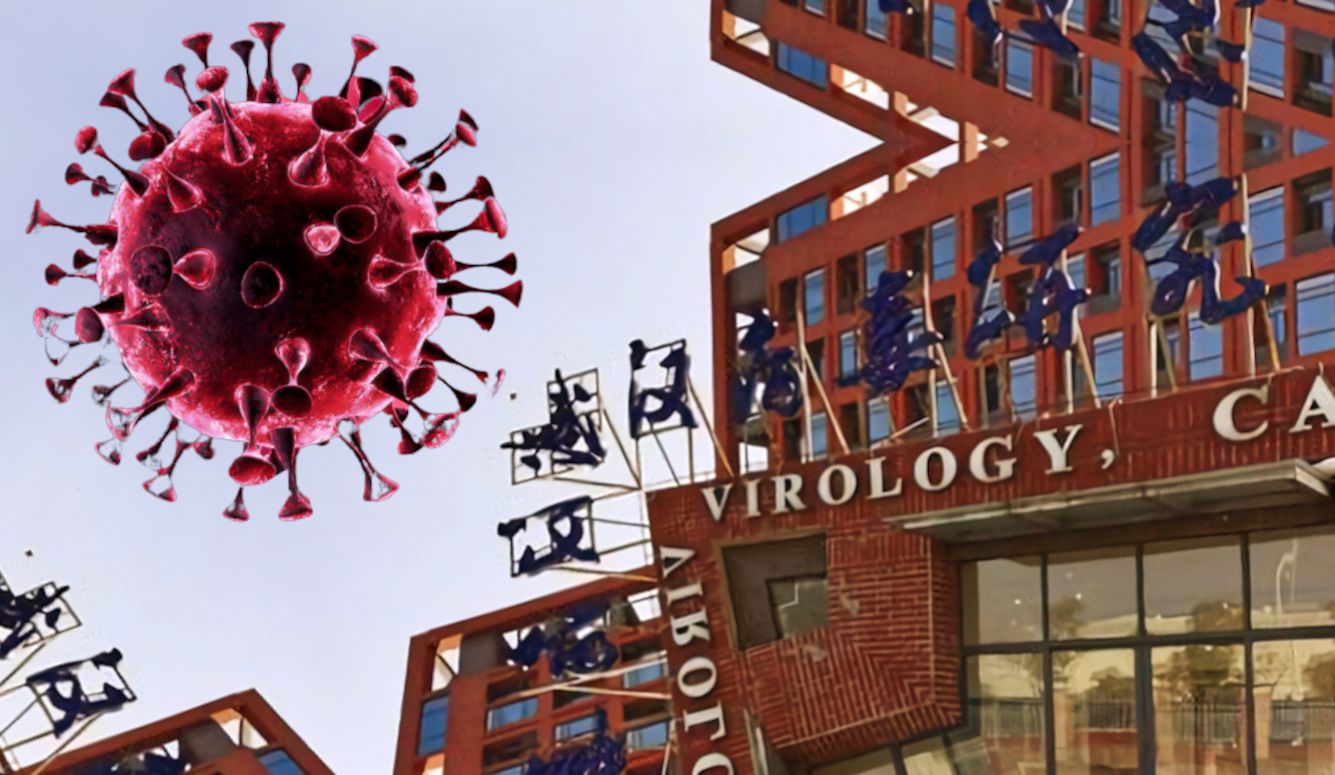China
How Damaging Will the Coronavirus be to Xi Jinping’s Authority?
Xi’s hope is that he can present himself as the strong man—the decisive leader—who saved China and the world from the virus.

President Xi has become, since his inauguration in 2012, China’s most powerful leader since Mao. His likely longevity in the post is strongly suggested by the presence of those around him in senior positions—all older and therefore unlikely to succeed him. He has been personally popular and has published his own thoughts on China and communism in a form also not seen since the time of Mao. Xi-ism is not quite a thing yet, but the signs are there.
So why, then, is his authority under threat? Let’s start with Hong Kong. The stream of protests, which have run there over the last six months—and their enormous scale—has disturbed Beijing. The protests, whatever their immediate cause, are protests against the mainland government and hence the Communist Party headed by Xi. Diplomatic pressure from the U.S., in particular, has hurt. The ineptness of the Hong Kong SAR government, with knee-jerk and ill-thought-out responses that have frustrated both pro- and anti-establishment groups, has not helped. The mainland liaison office in Hong Kong—effectively an embassy—has a new head, who has a reputation as a problem solver but had never set foot in Hong Kong until this month. The previous incumbent has been moved sideways—to demote him would have been seen as an admission of failure.
Why though, might the failings of the Hong Kong government, separated by the “one country, two systems” doctrine from Beijing, reflect poorly on Xi? Xi has centralised power by taking on a variety of positions over the past years as a way of increasing his power. A high-profile example of this came in 2017, when Xi announced the doctrine of “overall jurisdiction.” This strongly suggested that Hong Kong—and Macao, and indeed all 23 mainland provinces—should ultimately come under the purview of Beijing, and so under the purview of Xi himself. So strongman Xi has some responsibility for Hong Kong.

Meanwhile, to the south-east, president Tsai Ing-wen of Taiwan has just romped home in a presidential election, winning a big re-election victory on the back of a record turnout. Her coolness towards Beijing was undoubtedly a big factor. The response of the mainland establishment to this has been very unimaginative. What is needed, apparently, is merely a new approach to the old demand of reunification. Even in Hong Kong, a prominent opinion piece in the respected SCMP addressed how reunification of Taiwan and the mainland could still work. But a pre-election opinion poll in Taiwan indicated that a mere seven percent of voters want reunification with the mainland. A new approach to reunification should be scrapping any thought of it. Longstanding policy in Beijing, though, has been to isolate Taiwan economically and diplomatically so it is “obliged” to join the mainland. Xi himself has consistently spoken of the “territorial integrity” of Taiwan and mainland China. But again, the personal influence of Xi renders him culpable. During her successful re-election campaign, President Tsai offered “refuge” in Taiwan if necessary for Hong Kongers. After the result was announced, she was asked by CNN if her re-election had been helped by the residents of Hong Kong. Her cutting response? “Xi Jin Ping and Carrie Lam helped me.”
And now there is a threat to Xi from coronavirus. The overall jurisdiction policy of 2017 has produced a predictable reluctance to act by the Chinese regions without approval from the centre. The coronavirus was identified in Hubei province in December, but almost no precautions were put in place initially. In the past week or so there have been apologies from top local officials Ma and Zhou for the slow reaction. Ma said “I must ask for authorisation before I could disclose it [the virus].” The reaction by Beijing—surely approved by Xi in person—has been to close down major cities to try and make up for over a month of lost time. Even for China, these restrictions are unprecedented. Xi’s hope is that he can present himself as the strong man—the decisive leader—who saved China and the world from the virus.

But what if the measures don’t work? If the virus spreads, Xi may be criticized for having assumed overall responsibility for the regions and then failed to act in time when the crisis broke out. Xi has presumably foreseen this possibility and describes corona as a “demon virus,” suggesting it is beyond human influence—and so it can’t be Xi’s fault if it all goes wrong. Ominously for Xi, there have already been one or two small protests in Wuhan by locals who refuse to accept the closedown. Police marching against protestors and drumming their shields with extendable truncheons may become a more common sight as the Chinese New Year celebrations conclude and the well-stocked fridges begin to empty.
And so the consequence of Xi’s overall jurisdiction policy may be this: enhanced authority when things go right, and a fire that “burns all the way to Beijing” when it doesn’t.






